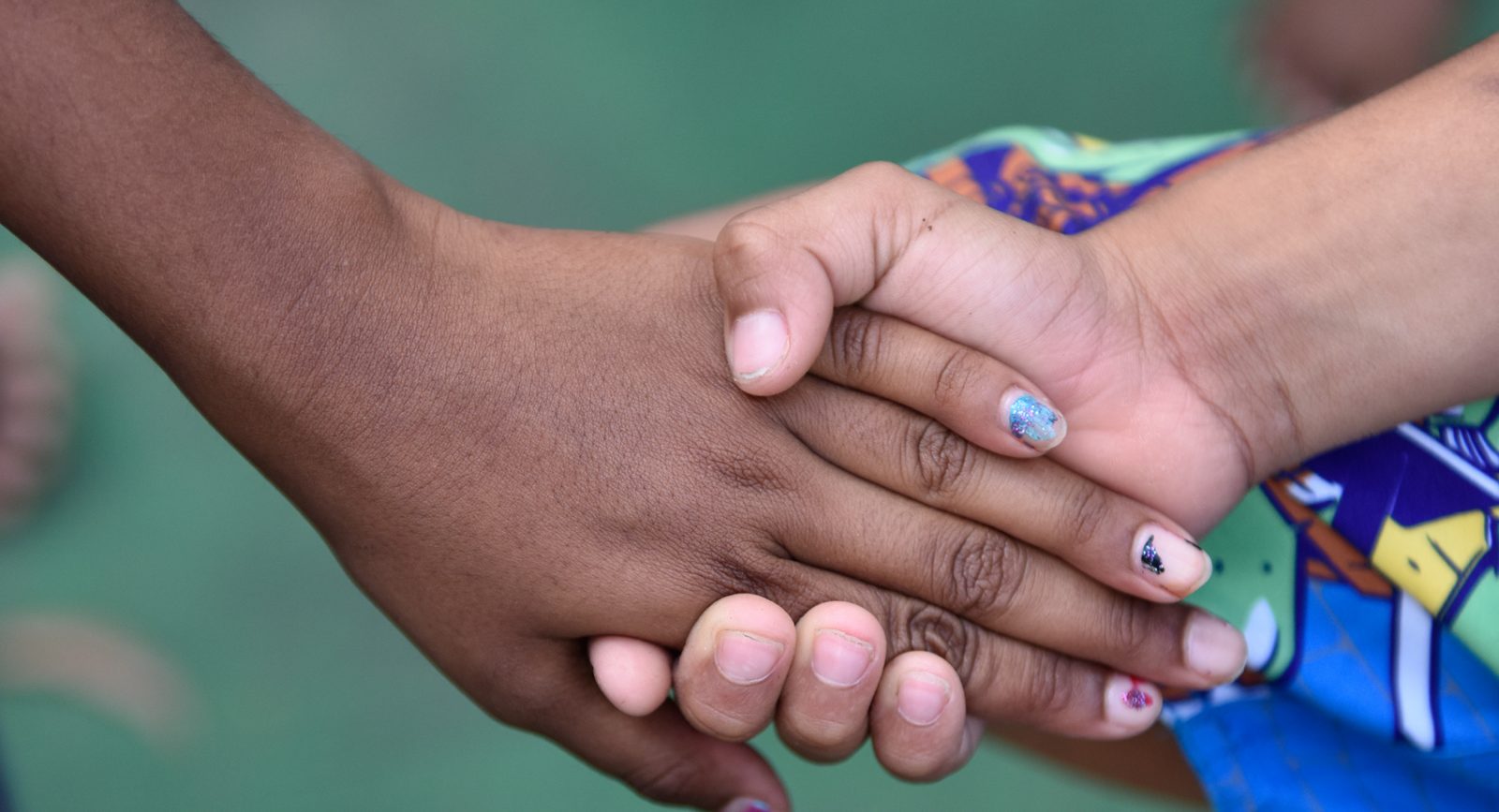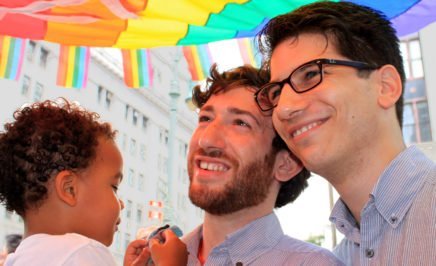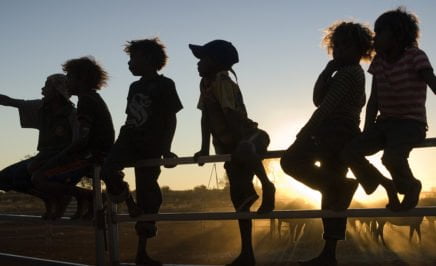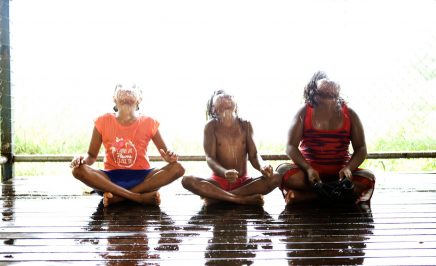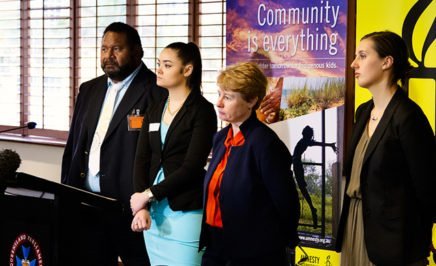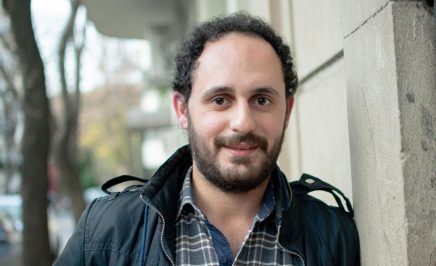In the wake of a swathe of human rights abuses at Queensland youth detention centres, the Queensland government has announced it will adopt all 83 recommendations from the Independent Review into Youth Detention.
What happened?
Last year, Amnesty exposed human rights abuses in Queensland’s youth detention centres after receiving over 1000 pages of evidence through a Freedom of Information request.
This included staff stripping children at risk of self-harm naked, prolonged isolation of kids (including eight Aboriginal kids held up to 22 hours a day for 10 days), handcuffing kids during exercise and family visits, the use of force resulting in injury and using dogs to frighten and intimidate children.
Many of these abuses happened at Cleveland Youth Detention Centre in Townsville, which is predominantly 90 per cent Aboriginal and Torres Strait Islander children.
Queensland steps up
In response, the Queensland government announced an Independent Review into Youth Detention.The government released the review’s 620-page report this month, as well as its response.
The Queensland government announced it will adopt all of the report’s recommendations, in full or in principle. The recommendations map a path for a more rehabilitative youth justice system including:
- establishing an independent inspectorate of custodial services
- implementing justice reinvestment in Queensland
- investing in community and Indigenous-designed and led early intervention and diversion services that deal with the underlying issues of offending
- ending the use of dogs, limiting the use of solitary confinement and restraints, and ensuring use of force is a last resort
- improving training of detention staff to deal with children with mental health conditions
The government has announced $6.2m to implement the recommendations and is already starting a project to explore justice reinvestment in Cherbourg.
These recommendations are particularly important for Indigenous children in Queensland, who are far more likely to be sent to detention than non-Indigenous children.
How did Amnesty respond?
In August 2016, after receiving over 1000 pages of evidence from the Youth Detention Inspectorate through a freedom of information request, Amnesty wrote to the Queensland Attorney General outlining human rights concerns for children in detention.
Amnesty then exposed the horrific treatment of children in Queensland’s youth detention centres in the ABC 7:30 Report and our Queensland research report Heads Held High report. The following day, the Queensland government announced an Independent Review into Youth Detention. Amnesty International’s report formed part of the review’s terms of reference.
Since then, our activists have met with their MPs about these serious issues. Over 41,000 of our supporters signed our petition to call on the Federal government to ratify the Optional Protocol on the Convention against Torture – which includes fighting for protections such as independent inspectors in all States and Territories.
The Queensland government heard your concerns! It’s thanks to our activists and supporters that we achieved this change.
What’s next?
We still do not have a complete picture of the human rights abuses covered by the Youth Detention Review as around 250 pages have been kept from the public, including details about children being ‘hog-tied’. The Queensland government has a responsibility to reveal this information, de-identified, under their human rights obligations and in the public interest, especially for those families and communities who have children in detention.
In addition, a number of new human rights violations have been revealed, including concerns about CCTV footage, the use of dogs to discipline children and fundamental rights being denied to children under Behaviour Development Plans.
Amnesty still has not received clear answers to the questions about human rights abuses that we sent to the Queensland government in August last year. We will continue to seek answers and call for all perpetrators of abuses on children to be held to account, and for all children who have been victim of human rights abuses to have access to a remedy.
Amnesty International will be working with the Queensland government to ensure that the recommendations are implemented quickly and in line with human rights obligations.
We know that a tough, harsh way of dealing with kids in the justice system only hurts kids and violates their human rights. The better approach is for governments to listen to the community, who know what their kids need to help them get on a better path for the future, and invest in Indigenous-led early intervention and diversion programs.
